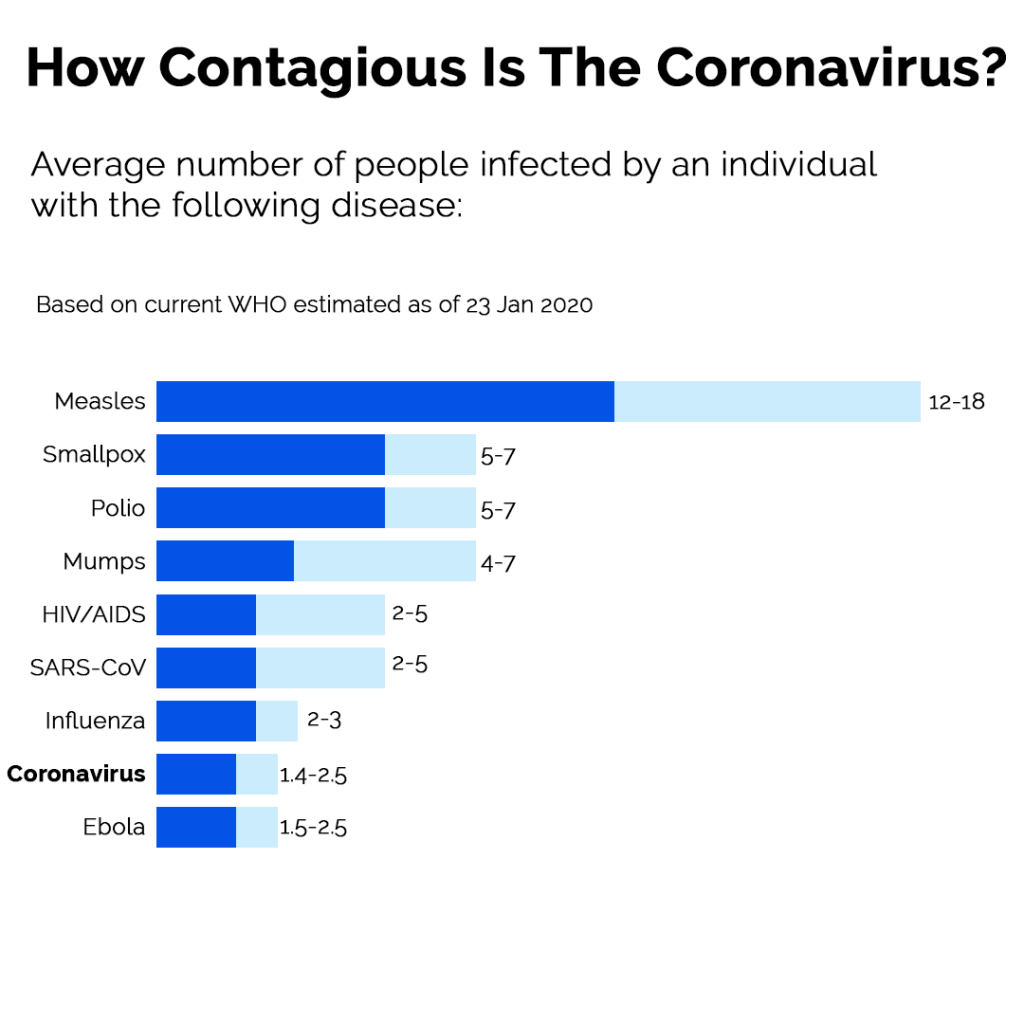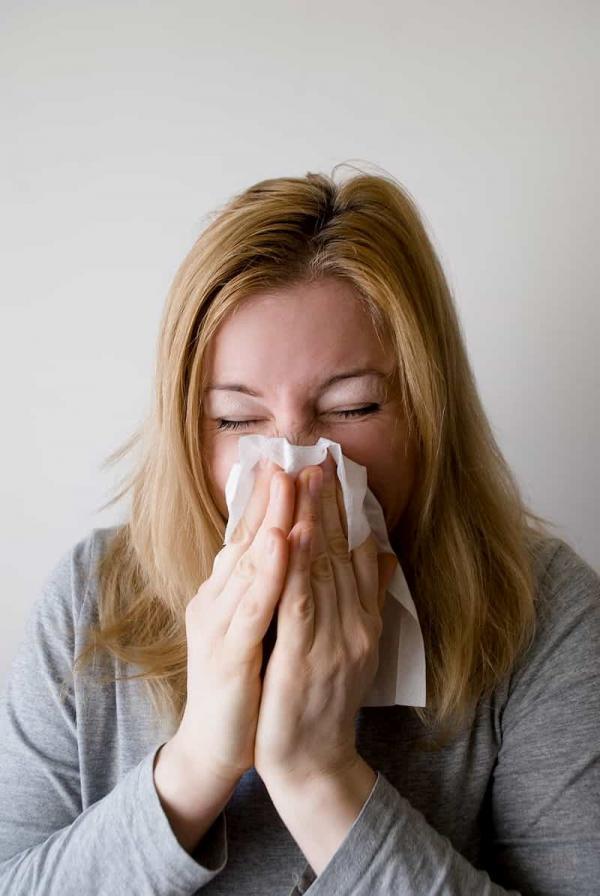
DISCLAIMER: Rules and regulations may have changed since this article was written in March 2020, for updated news visit the World Health Organisation or the NHS website.
Coronavirus. We’ve all heard about it in the headlines as the dangerous viral pandemic from China. Just how concerned about Coronavirus should you be, and what steps can be taken to protect your health? Let’s look at the facts so far.
What Is Coronavirus?
The Coronavirus, also known as novel Coronavirus is a new strain of virus belonging to the same family as the common cold, but more dangerous [1].
It was first detected in the Chinese city of Wuhan on the 31st December, 2019. The virus is believed to have first contacted humans from a live animal market. Coronavirus has since spread throughout China including the capital Beijing. Individual cases of Coronavirus have been confirmed outside of China in multiple countries including Japan, Australia, the USA and the United Kingdom.
How Widespread Is Coronavirus?
At the time of this article there have been over 42,000 reported cases within China, with likely more cases unconfirmed. Outside of China there have been nearly 400 reports of the virus, with at least 8 confirmed cases within the UK [2].
The risk of infection from the Coronavirus is much higher within China than in any other country. Still, as cases have been confirmed in the UK, it’s a good idea to stay informed and take precautions.

How Dangerous Is Coronavirus?
The current known death toll of the Coronavirus is just over 1,000 globally. Most people infected by the Coronavirus (around 80%) recover fully, only experiencing mild symptoms of the infection [3]. Standard symptoms include a fever, cough and sore throat. It can take between 1 to 14 days for symptoms to appear, a time known as the incubation period.
People who are vulnerable to respiratory illness such as the elderly or those with pre-existing medical conditions such as a weakened immune system are more likely to experience severe cases of Coronavirus, which can lead to pneumonia, breathing difficulties and in critical cases, death.
Anyone in a high risk group for more common viral infections such as the flu should take extra precautions regarding Coronavirus.
How Does Coronavirus Spread?
Coronavirus can be transmitted from person to person in close proximity, including from exposure to coughing and sneezing. Saliva or mucus from an infected person can travel through the air or be picked up from a surface.
It’s unconfirmed if Coronavirus can be transmitted during the incubation period, but it’s being treated as a possibility.

How Can I Protect Myself From Coronavirus?
There are plenty of ways to reduce the risk of infection from Coronavirus. You must consider the following advice if you are in an area with a high risk of infection, such as areas in China known to contain infected persons.
• Wearing a medical mask can prevent droplets of saliva or mucus coming into contact with parts of your face, but must be combined with other precautions.
• Frequently clean your hands with soap and water or alcohol based sanitizers in order to kill the virus on your hands before it reaches your face.
• Avoid touching your eyes, nose or mouth with your hands after touching surfaces that may have been coughed or sneezed on.
• Maintain a distance of around 1 metre from people, particularly if they are symptomatic of Coronavirus.
• Make sure to sneeze or cough in a disposable tissue and then clean your hands after.
Stay Informed
Make sure to check for news and advice on the Coronavirus from reputable sources such as the World Health Organisation (WHO). Don’t take rumours about the virus at face value – always find an informed source you can trust.
Coronavirus is a developing health crisis. It has only recently been confirmed that there are cases within the UK, and the data is being updated every day. If you’re living in the UK and concerned about the Coronavirus, remember:
• Given the current number of known cases within the UK, you are currently unlikely to become infected.
• The majority of cases make a full recovery with a mild range of symptoms.
• Symptoms of Coronavirus are also shared with other common illnesses such as the common cold.
• Following practical hygiene advice as outlined in this article reduces the chance of infection.
• The elderly and those with existing health conditions should take extra precautions regarding Coronavirus.
Sources
- Health Topics: Coronavirus | World Health Organisation
- Novel Coronavirus Situation Report 22 | World Health Organisation
- Coronavirus: How Worried Should We Be? | BBC Health
Further Reading
- Coronavirus (Covid-19) | GOV.UK
- Symptoms Of Coronavirus | NHS
- How To Wash Your Hands | NHS






